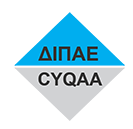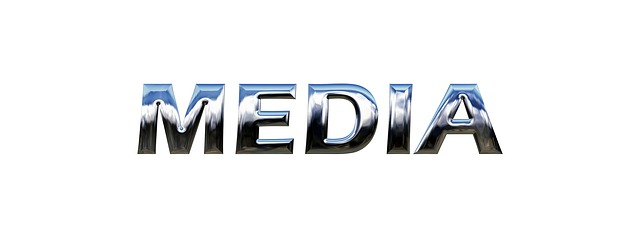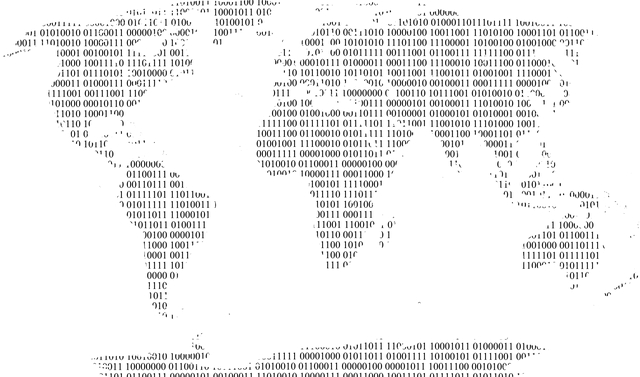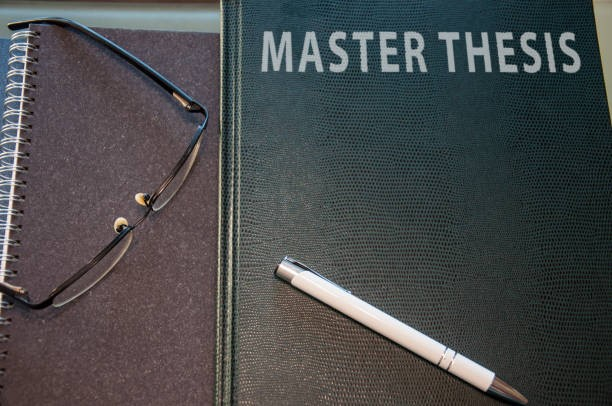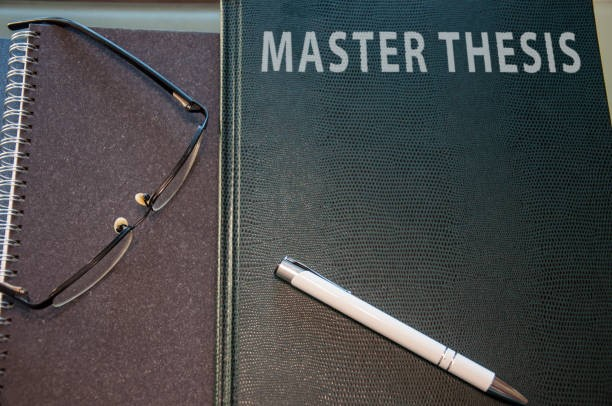
Magister Artium (MA)
90 ects
Greek
Internationally Recognised
Online application submission

The Programme is no longer offered
The inevitable meeting of Communication with Pedagogy.The inevitable meeting of Communication with Pedagogy.
The spread of new technologies opens up new horizons in education. Education via Internet provides learning experiences inside and outside the classrooms, having developed a dynamic that increases geometrically and offers opportunities for spreading knowledge with little or no mobility.
Continuous developments in the field of Media, especially the transition from mass communication to the Internet and the Digital Age, feed the transformation of the learning process. The new media are platforms for emerging, shaping and organizing social and cultural change that lead to new pedagogical approaches. The penetration of new media into the daily routine and learning process requires the acquisition of new knowledge, the cultivation of new skills and attitudes, thus leading to the emergence of a new Educational Example.
Teachers in their majority are watching the developments with embarrassment as they lack the necessary skills to support them and use them in the educational process.
Students in the "Information Age of a Networked Society" have changed radically. Even adult students increasingly lack the characteristics of the people for whom the current education system was designed. Students - digital natives are invited to learn in an educational system geared to digital immigrants. The rapid growth and penetration into the global community of online courses has created a range of discussions, scientific controversies and multifaceted concerns about the future of education and learning in general.
Pedagogy varies with Web mediation in the learning process. Learning today is a process of building networks of information, contacts and resources that are applied to real problems while addressing students who have been socialized from the beginning in Internet technology and Social Media Networks, which are an integral part of their environment, being the so-called " Digital Natives', 'Net Generation', 'Generation Y' or 'Millennials'.
The inevitable meeting of communication with pedagogy consists “Media Education" (as a means) and Media literacy (as a goal) - the interdisciplinary field that aspires to strengthen citizenship and democracy by cultivating skills of access, communication and participation, critical and self-reflection thinking, creative production.
EUROPEAN CREDIT TRANSFER SYSTEM – ECTS: 90
TEACHING LANGUAGE: Greek
LEVEL: Postgraduate
DEGREE AWARDED: Magister Artium (MA)
The Postgraduate Program (MPS) «Media in Contemporary School» of the Open University of Cyprus responds to this very urgent need for knowledge and effectiveness about the Media in the School, combining the theoretical depth with the required practical training.
The aim of Media education at school is to enhance pupils' knowledge, skills and attitudes in the emerging new conditions of a super-communicative world. The specialized and methodical knowledge of Communication Science and Media in a complementary way to Pedagogy and Teaching, as well as their connection to contemporary school with specific methodologies, appears to be highly necessary to be integrated into the whole range of school education.
The programme is evaluated and accredited by:
The Open University of Cyprus (OUC), through its participation in the European project "Liaison Offices with the Labour Market", offers to students of all its programmes of study, the optional and free of charge Thematic Unit (i.e. Module) entitled "Industry Placement". This module provides students opportunities for a placement to gain professional experience in their particular field of study, and the hosting institution can be any public or private organisation operating in the Republic of Cyprus.
Each student has the right to participate in this offering once or twice during his / her studies, provided that s/he meets the required conditions.
Request more information by contacting the OUC Liaison Office here.
- Holders of an accredited Bachelor’s degree at the time of registration.
- Sufficient knowledge of English.
The tuition fees for this programme amount to €5,400. The tuition fees per module are €600 (for 10 ects module) and €900 (for 15 ects module and for Master Thesis I and Master Thesis II).
Programme Structure
| Modules | Semester | Required / Elective | Pre-requisite Modules | Co-requisite Modules | Workload | ||
| Common for all Specializations | Hours | ECTS | |||||
| ΕΝΔ511* | Contemporary World: The Political Condition | 1 | Required | 250-300 | 10 | ||
| ΕΝΔ512* | Understanding Media: The Message | 1 | Required | 250-300 | 10 | ||
| ΜΕΣ513 | Media Literacy and Media Education | 1 | Required | 250-300 | 10 | ||
| ΕΝΔ521* | Contemporary World: The Social Condition | 2 | Required | ΕΝΔ511 | 250-300 | 10 | |
| ΕΝΔ522* | Understanding the Message: The Effects | 2 | Required | ΕΝΔ512 | 250-300 | 10 | |
| ΜΕΣ523 | Media Literacy and Media Education in Practice | 2 | Required | ΜΕΣ511 | 250-300 | 10 | |
| ΜΕΣ611 | Teaching and School Leadership in the New Technology Era | 3 | Elective | ΕΝΔ511, ΕΝΔ512, ΜΕΣ513, ΕΝΔ521, ΕΝΔ522, ΜΕΣ523 | 250-300 | 15 | |
| ΜΕΣ612 | Audiovisual Literacy in the Digital Era | 3 | Elective | ΕΝΔ511, ΕΝΔ512, ΜΕΣ513, ΕΝΔ521, ΕΝΔ522, ΜΕΣ523 | 375-450 | 15 | |
| ΜΕΣ701Α | Master’s Thesis I | 3 | Elective | ΕΝΔ511, ΕΝΔ512, ΜΕΣ513, ΕΝΔ521, ΕΝΔ522, ΜΕΣ523 | 375-450 | 15 | |
| ΜΕΣ701Β | Master’s Thesis II | 3 | Elective | ΕΝΔ511, ΕΝΔ512, ΜΕΣ513, ΕΝΔ521, ΕΝΔ522, ΜΕΣ523 | ΜΕΣ701Α | 375-450 | 15 |
| Total | 2250-2700 | 90 | |||||
*This Module is offered jointly with the MA Programme in Communication and New Journalism.
For additional information, please contact Ms. Yianna Yiasouma (





